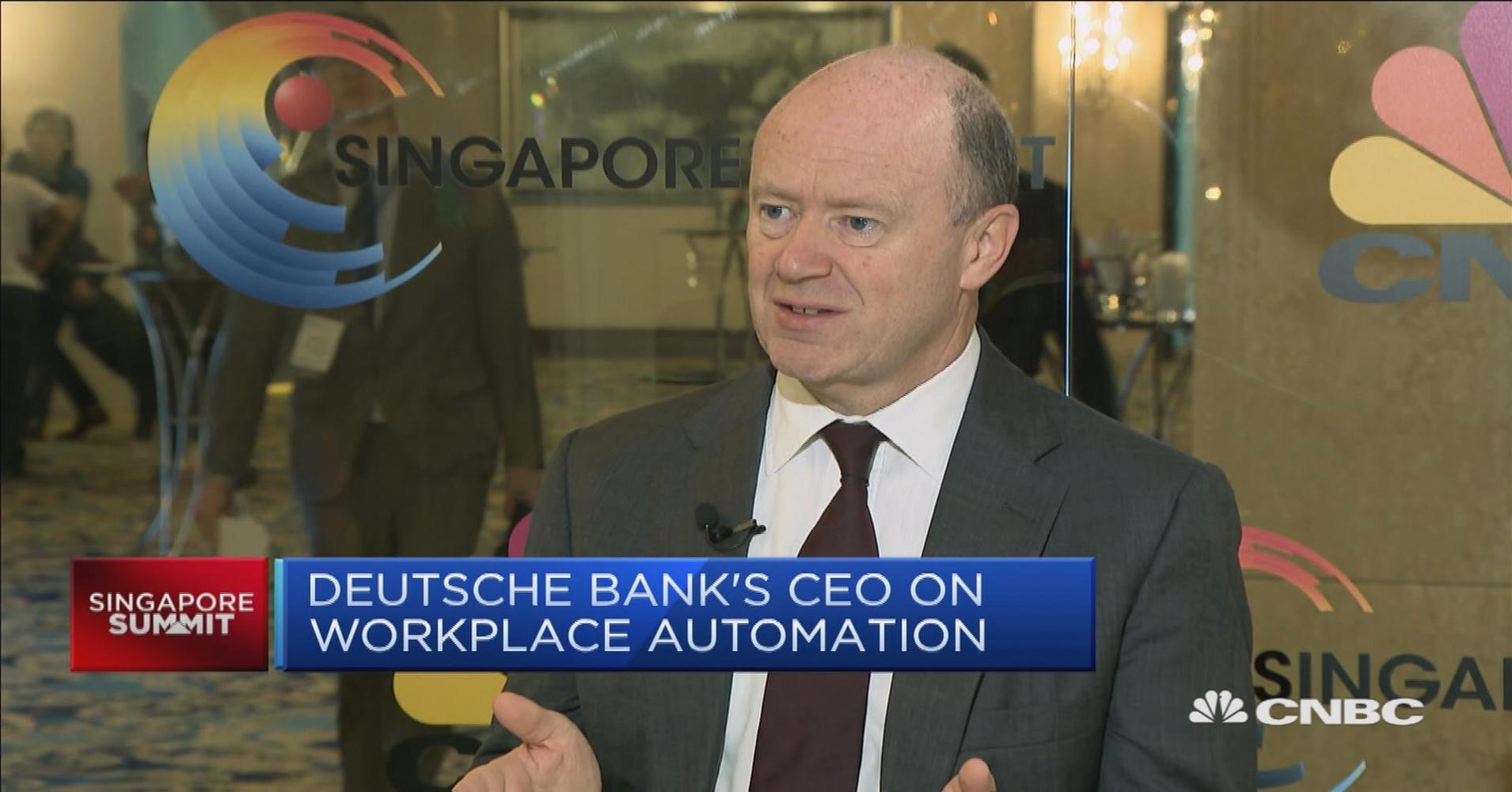
There are two big tech topics in banking these days, namely Artificial Intelligence (AI) and Blockchain. These two tech titans are changing the back office of banks into intelligent shared structures that will be mind-blowing a decade from now. In fact, they’re not far off that today.
I’ve written a lot about Blockchain, and feel that it’s a slow-burn as it needs an awful lot of agreements before it will come to fruition. A bit like Brexit, Blockchain has too many counterparties involved in agreeing how it will happen, which is why it will not be until the next decade that we really start to see this technology transform clearing and settlement. Short-term, sure, Blockchain technologies or, rather, Distributed Ledger Technologies (DLT) will have an impact in bilateral arrangements but that will be piecemeal compared to the transformation that will come when it can replace paper-based identities with digital ones.
But AI is more interesting and, by way of example, I got a phone call the other day from a journalist who was super impressed by a bank’s chatbot. I said it was nothing really. I’m really not turned on by chatbots, because they are just the first baby step towards full service banking from a robot. And where are you going to see the most mind-blowing AI first? Well, in investment banking, private banking and wealth management, as that’s where the real money is.
So here’s a few of the headlines that caught my attention so far this year, in relation to AI in banking:
JPMorgan Software Does in Seconds What Took Lawyers 360,000 Hours, Bloomberg, February 2017
“At JPMorgan Chase & Co., a learning machine is parsing financial deals that once kept legal teams busy for thousands of hours. The program, called COIN, for Contract Intelligence, does the mind-numbing job of interpreting commercial-loan agreements that, until the project went online in June, consumed 360,000 hours of work each year by lawyers and loan officers. The software reviews documents in seconds, is less error-prone and never asks for vacation.”
New technology makes further strides, as Goldman Sachs welcomes automation, Finance Feeds, February 2017
Marty Chavez, Goldman Sachs’s deputy chief financial officer and former chief information officer, explains that automated trading programs have assumed the bulk of the work performed by human traders at the company’s US cash equities trading desk in New York. Now there are only 2 equity traders working at this desk, compared to 600 traders in 2000.
Robots enter investment banks’ trading floors, Financial Times, July 2017
UBS is using “a relatively simple, automated programme for dealing with clients’ post-trade allocation requests. The system, which UBS developed with Deloitte, scans for emails sent by clients detailing how they want to divide large block trades up between funds. It then processes these and executes the transfers. It saves time by doing a task that would normally take a person about 45 minutes in only about two minutes, while freeing investment bankers up for other tasks, such as calling clients.”
Oh and, by the bye, JP Morgan is also using AI to provide Best Execution. No wonder John Cryan, CEO of Deutsche Bank, keeps telling his employees how useless they are …
Deutsche Bank plans to replace a “big number” of workers with robots, Quartz, September 2017
At a “Banking in Transition” conference in Frankfurt (where I was also a keynote), Cryan noted that some employees—like accountants who “spend a lot of the time basically being an abacus”—will have to find new things to do, according to the FT. “In our banks we have people behaving like robots doing mechanical things, tomorrow we’re going to have robots behaving like people,” Cryan said.
So, to the tune of Old McDonalds farm, here we go …
Old John Cryan had some code, AI, AI, Oh!
And with that code he cut some jobs, AI, AI, Oh!
With a job cut here, a job cut there,
Here a job, there a job, everywhere a job cut,
Old John Cryan had some code, AI, AI, Oh!
Chris M Skinner
Chris Skinner is best known as an independent commentator on the financial markets through his blog, TheFinanser.com, as author of the bestselling book Digital Bank, and Chair of the European networking forum the Financial Services Club. He has been voted one of the most influential people in banking by The Financial Brand (as well as one of the best blogs), a FinTech Titan (Next Bank), one of the Fintech Leaders you need to follow (City AM, Deluxe and Jax Finance), as well as one of the Top 40 most influential people in financial technology by the Wall Street Journal's Financial News. To learn more click here...

